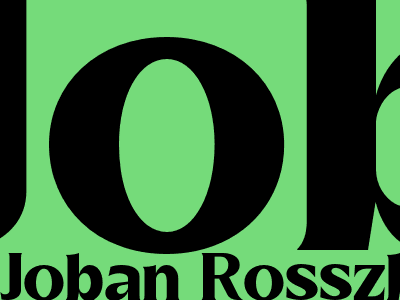The Ultimate Guide to Blog Post Optimization for Google and Blogger
Introduction
In today's competitive online landscape, it's essential for blog posts to stand out and perform well in search engine results. Optimizing your blog content for Google and Blogger can significantly boost your visibility, attract more organic traffic, and establish your site as a credible source of information.
Understanding Google's Algorithm
Google's search algorithm is constantly evolving, but its core principles remain consistent:
- Relevance: Your content should be highly relevant to the search query entered by the user.
- Quality: Google prioritizes high-quality content that provides valuable, well-written information.
- Authority: The authority of your site and its authors is taken into consideration when ranking results.
Optimizing Your Blog Post Content
Keyword Research
Identify relevant keywords that your target audience is searching for. Use tools like Google Keyword Planner or Ahrefs to find the best keywords to target.
Headline Optimization
Craft compelling headlines that accurately reflect your content and include your target keyword. Keep headlines concise and attention-grabbing.
Content Structure
Organize your content into a logical structure using headings (H1, H2, H3) and subheadings. This enhances readability and helps Google understand the hierarchy of your content.
Internal Linking
Interlink your blog posts to improve navigation and help Google discover related content on your site.
Image Optimization
Use relevant images to enhance your content and include descriptive alt tags to help search engines index your images.
Meta Description
Create a concise and informative meta description that accurately summarizes your post's content and includes your target keyword.
Blogger-Specific Optimization
Post Labels
Assign relevant labels to your blog posts to help Blogger organize and group your content.
Custom Robots.txt File
Create a custom robots.txt file to control how search engines crawl and index your site.
XML Sitemap
Submit an XML sitemap to Google Search Console to help them discover and index your content more efficiently.
Conclusion
By following the principles outlined in this guide, you can optimize your blog posts for Google and Blogger, improving your search rankings, attracting more organic traffic, and establishing yourself as a thought leader in your industry.

تعليقات